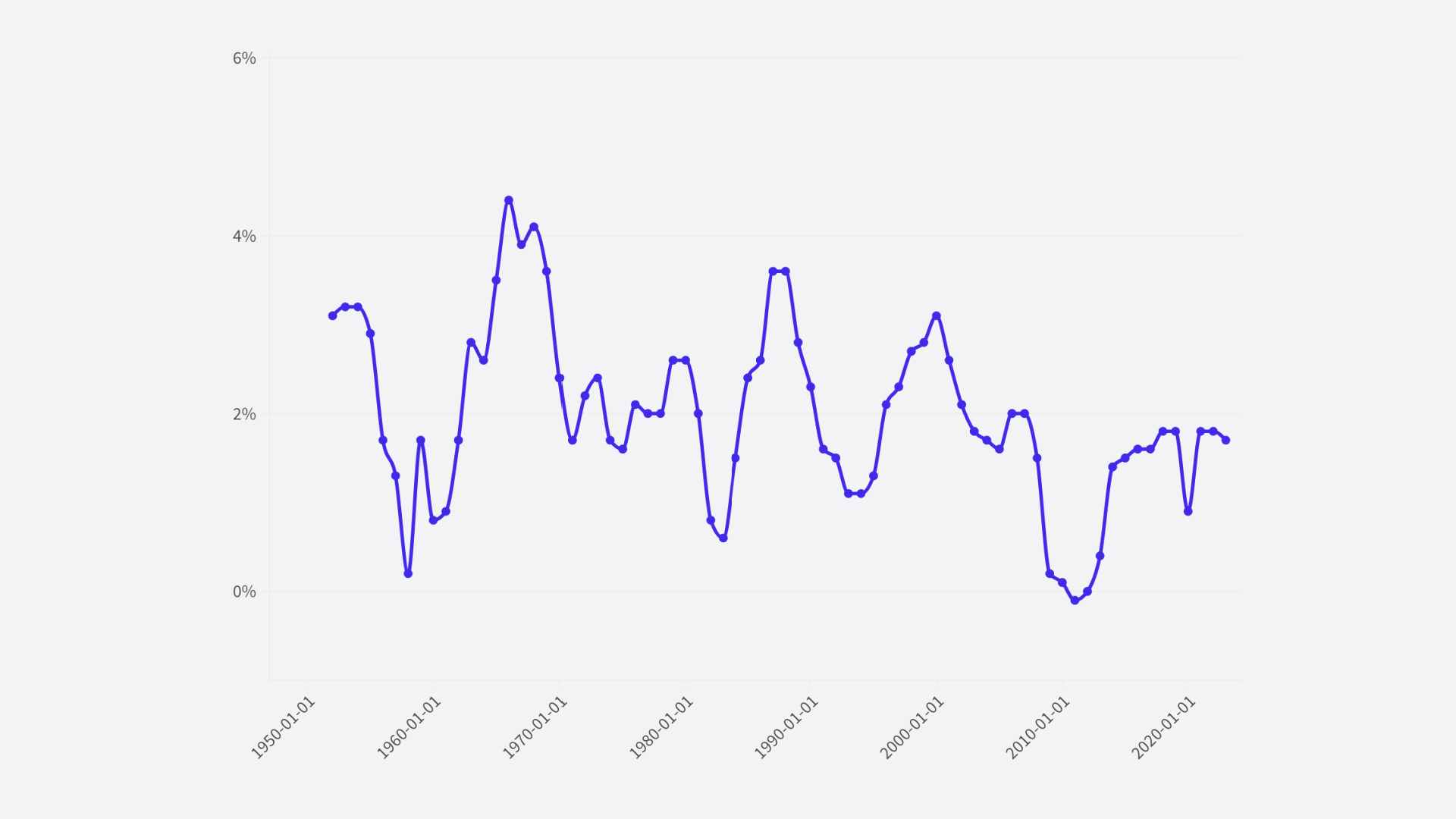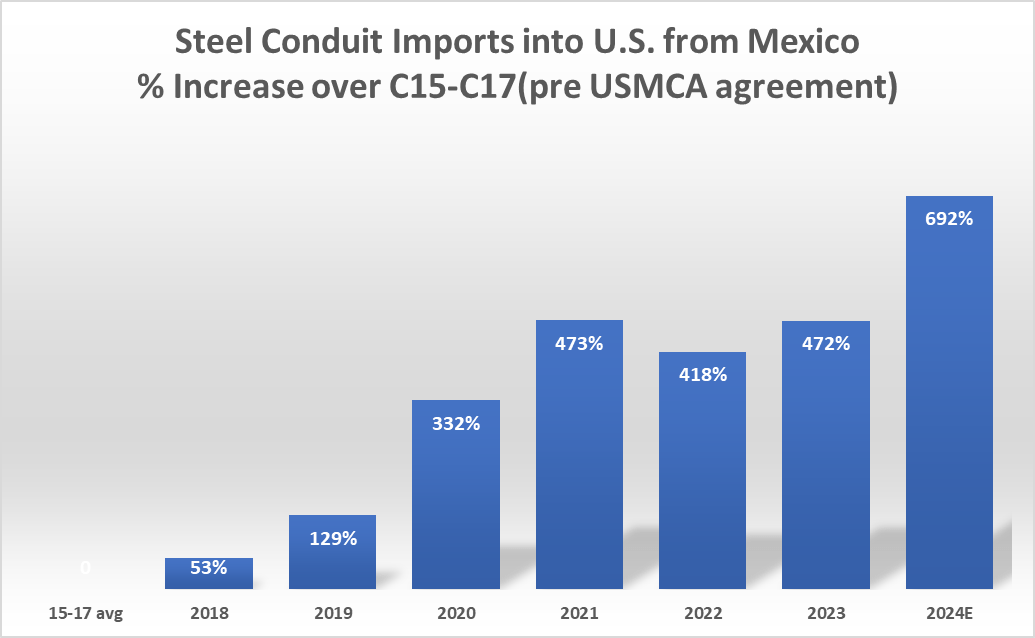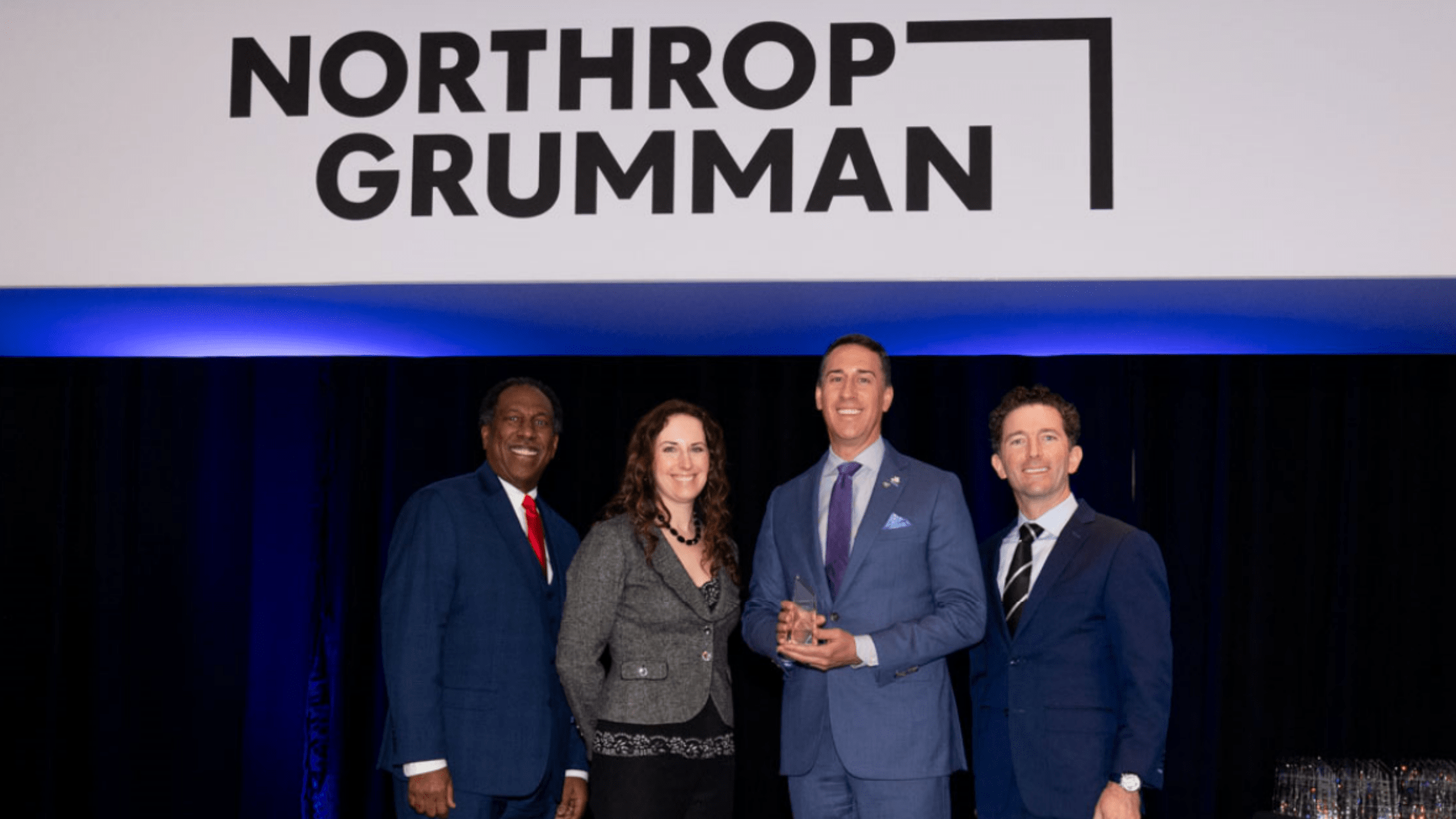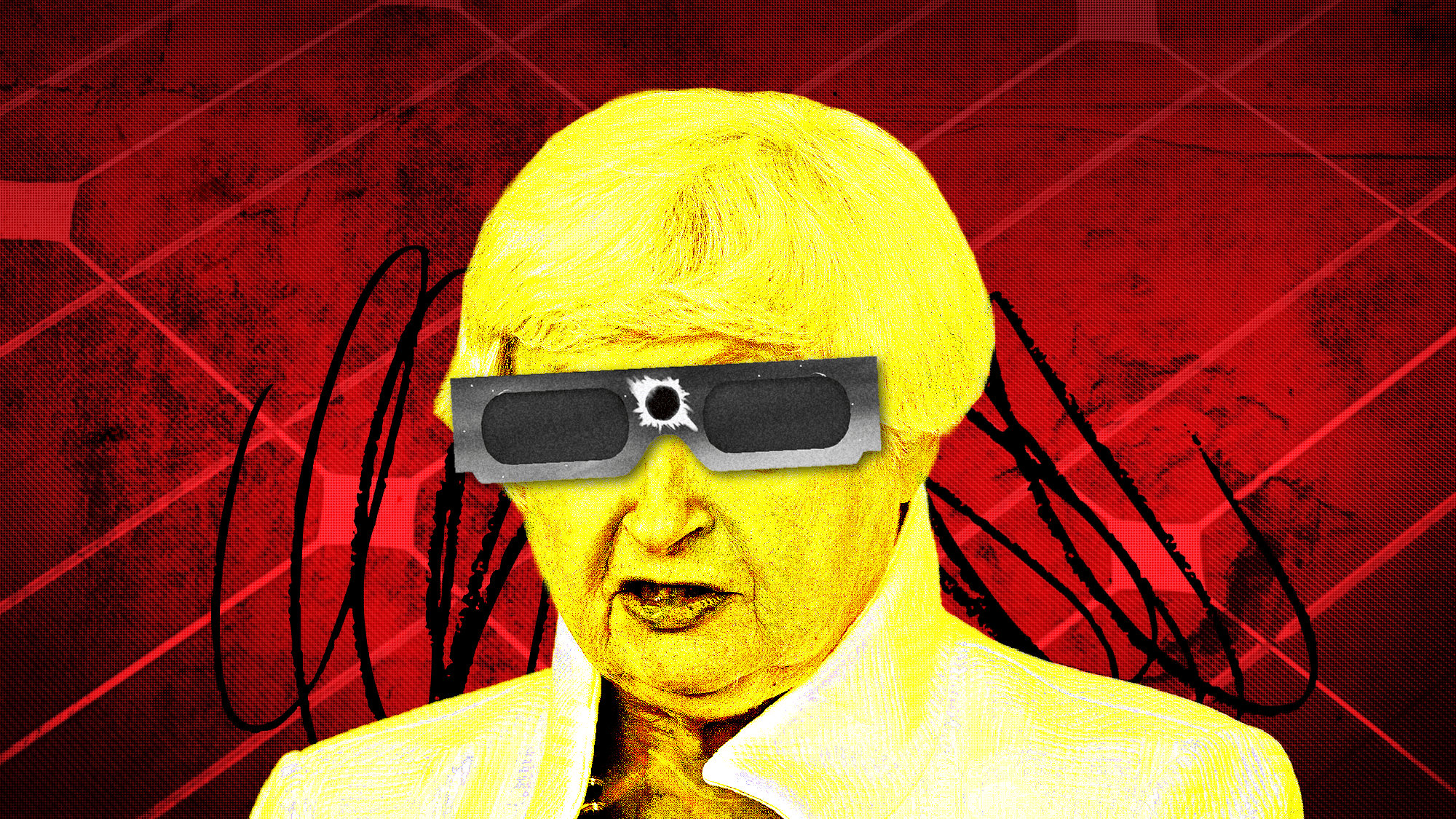What does “Hamilton” have to do with trade policy? More than you might think in the case of acting U.S. Trade Representative Stephen Vaughn, who counts himself among the hit Broadway musical’s legions of fans.
[DOUG PALMER] April, 27th 2017 [Politico]
Vaughn, a history buff as well as a trade lawyer, says he has long admired Alexander Hamilton, especially the Founding Father’s 1791 “Report on Manufactures,” which argued in favor of government action to help U.S. manufacturing, as opposed to Thomas Jefferson’s agrarian vision of America.
“Jefferson really liked this idea of everybody living on their own farm and being self-supporting and self-sustaining, and Hamilton was like, ‘No, we’ve got to be able to make our own materials,’” Vaughn told POLITICO. “That’s what he was arguing in the report on manufacturing. You can’t just say, ‘We’re going to do nothing and stay out of it, and whatever plays out, plays out.’”
So it was that Vaughn’s “Hamilton” world collided with his Hamiltonian perspective shortly after the election when his future boss, President Donald Trump, got into a Twitter dustup with the cast of Vaughn’s beloved musical.
Trump, who campaigned on reshaping trade policy to bring manufacturing jobs back to the U.S., called the show “highly overrated” after a cast member, worried about the incoming administration’s policies, implored Vice President Mike Pence, as he was leaving the theater one night in mid-November, to “uphold our American values and to work on behalf of all of us.”
But consciously or not, Trump is pursuing Hamilton’s course on manufacturing and has been stocking his trade team with Hamiltonians of the trade lawyer type — with Vaughn chief among them.
Vaughn, who spent years representing U.S. Steel Corp. as a lawyer at Skadden Arps before joining the law firm King & Spalding in 2016, has echoed many of Trump’s complaints about how past U.S. trade policy has eroded the nation’s manufacturing base.
Take, for example, a manufacturing conference hosted by Indiana University last year, where Vaughn spoke passionately about the challenges facing the sector as a result of government action — and inaction — over the last quarter-century.
“What you’re seeing is a policy crisis growing out of the fact that the promises and the claims that were made for a lot of the trade agreements over the last 24 years simply have not been fulfilled,” Vaughn said at that event. “There’s a lot of back-and-forth and a lot of discussion over why that happened, but what’s clear is trust in this regime is breaking down.”
At the same conference, the 51-year-old trade litigator laid out his wish list for Trump’s first 100 days. He included a moratorium on trade deals “for at least one year” and the creation of a high-level, bipartisan commission to “undertake a complete, top-to-bottom review of all aspects of U.S. trade policy and its impact on U.S. manufacturing.”
Two of his other recommendations were also decidedly Hamiltonian — his call for a new, Cabinet-level secretary of manufacturing position and a commitment by the incoming president to place “enforcement-minded persons in all key positions with responsibility for enforcing trade laws.” Vaughn listed the positions that should be included in that crackdown crew, including the Commerce secretary and undersecretary for international trade, the U.S. trade representative, and members of the U.S. International Trade Commission, which decides anti-dumping and countervailing duty cases.
On that last point, at least, Vaughn appears to have gotten his wish, based on Trump’s nominations to date and contenders believed to be in the pipeline for open USTR deputy slots. Gil Kaplan, another King & Spalding lawyer who is fond of quoting from Hamilton’s manufacturing report, is Trump’s pick to be Commerce undersecretary for international trade, a role in which he’ll oversee enforcement programs.
While Vaughn waits for Trump to fill out his trade team, he is temporarily overseeing an agency of about 250 people that is responsible for renegotiating every trade deal Trump criticized last year and securing the “America First” bilateral agreements the president believes are key to America’s manufacturing future.
“This isn’t something I set out to do,” Vaughn said. “I’m here because I really believe in the president and I believe in what he’s trying to do and I want to help him.”
Vaughn’s official job title is USTR general counsel, a position that doesn’t require Senate confirmation. But he’s also been serving as “acting” USTR since early March, while Trump waits for the Senate to approve Vaughn’s longtime friend and mentor, Robert Lighthizer, to the chief U.S. trade negotiator position.
After months of delay, there was progress on that front earlier this week, when the Senate Finance Committee voted on Tuesday to send Lighthizer’s nomination to the full Senate.
Back in 2000, Vaughn was working in Skadden’s white-collar crime division with the noted lawyer Robert Bennett when Lighthizer, also a lawyer at the firm, asked him to switch to the trade team. The Yale Law School graduate made the leap and has been immersed in the topic ever since, mostly from the perspective of firms seeking relief from imports.
Although raised in Kentucky, Vaughn said his upbringing was very different from the dysfunctional family life that another Yale Law School graduate, J.D. Vance, depicted in the recent bestseller, “Hillbilly Elegy,” an insider’s critique of the cultural attitudes among poor whites in Appalachia and surrounding regions, many of whom voted for Trump.
Vaughn’s hometown of Paducah, Ky., where his dad ran a dry-cleaning business, is closer to St. Louis than to the mountains. But his grandfather worked for many years in Wrigley, Tenn., at a charcoal and wood products factory, a job Vaughn credits with lifting his family out of poverty and allowing his father to study chemical engineering at Tennessee Tech University.
But by the time Vaughn visited Wrigley with his parents in the 1970s, the old factory was shuttered and the town a shell of its former self. “You could see, here’s where the union hall used to be, here’s where the baseball field was,” he recalled. “This whole community was kind of going away.”
On the trade team at Skadden, Vaughn formed a close relationship with Lighthizer, a former Senate Finance Committee staff director who served as deputy U.S. trade representative during the Reagan administration and later worked for former Senate Majority Leader Bob Dole’s 1996 presidential campaign.
“He’s a very strong leader, and for me, I was really fortunate as a lawyer to work for someone who is such a good lawyer,” Vaughn said of Lighthizer. “Plus, he just had such a breadth of knowledge.”
But Vaughn, an admitted “trivia person” who was on the college trivia bowl team at Vanderbilt University, is also no slouch in the brain department. His friend, Tom Sneeringer, calls him “Dr. Know” because of the deep well of historical, political and sports facts Vaughn has memorized.
Sneeringer, who heads the Committee to Support U.S. Trade Laws, also made an observation that only those who have sat through hours of numbing trade testimony may be able to fully appreciate.
“Stephen Vaughn is probably the best PowerPoint slide drafter I’ve even seen,” he said. “Each slide makes one point. It makes it unmistakably. It makes it in three seconds … just bang, bang, bang — next slide, please. That’s Stephen.”
Vaughn’s fans also include lawyers who have gone up against him at the U.S. International Trade Commission.
“I think he’s very solid,” said Donald Cameron, a partner at Morris, Manning & Martin, which represents respondents in trade litigation. “He’ll be good in that position. I don’t have any question about that.”
One concern is whether Vaughn has a well rounded view of trade after more than a dozen years representing a company, U.S. Steel, that is not deeply involved in global supply chains like many other manufacturers, said Jennifer Hillman, a USTR veteran who served as an ITC commissioner from 1998 to 2007 and later as a judge at the World Trade Organization. He also lacks experience in other important trade areas, like services, agriculture and intellectual property, she added.
“Overall, I would say an excellent trade remedy lawyer,” Hillman said. “He was not one of the most flamboyant of all the counsel that appeared in front of you, but certainly had a deep grasp of the facts of every case before he argued it.”
Asked about the criticism that he has too narrow a view, Vaughn said that both he and Lighthizer are determined to represent all of the United States’ commercial interests, not just the manufacturing sector. Part of that involves doing a huge amount of research, he said, just like when he was a kid devouring almanacs and encyclopedias to bone up on facts.
“I don’t want a situation where anybody is saying: ‘Well, our voices weren’t heard or we weren’t listened to,’” Vaughn said. “I understand, when it’s all said and done, this is going to be what I did. I want to do the best job I can. I take this all really, really seriously. That’s what I’m here to do. I’m not here to push some narrow agenda.”













